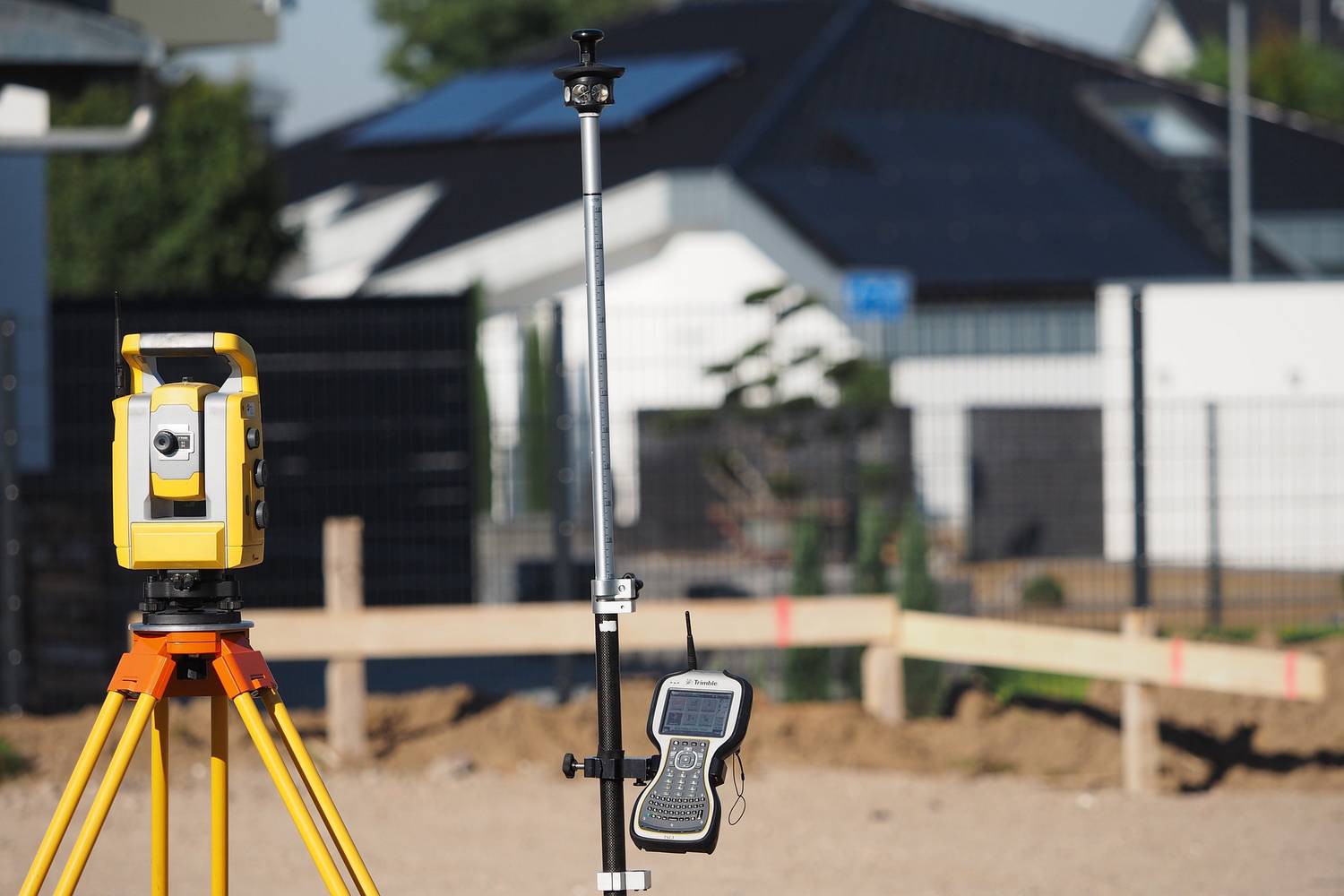Geotechnical studies of the area for development. The construction of a residential building consists of many diverse and often parallel processes. Some of them are related to the place of construction – a building plot, others relate to the implementation of an architectural design. Each investor begins with an analysis of the physical conditions of the plot on which the house will be built. It must take into account many features: the location of the ground, the angle, the content and composition of the soil, the level of groundwater.
When should geotechnical studies be carried out?
The basement is an important part of the building. If the investor plans to build a basement, he must be sure that it will be possible and that the water and ground conditions will not exclude these plans. It is not profitable to build a basement if it is known that groundwater reaches a high level in a given ground. Controlling such land requires special measures and is costly. Geotechnical surveys, which are aimed at examining the soil and groundwater content, may also show that the ground of the plot is impermeable, which causes a layer of water to remain on the surface of the ground. The only solution to this type of problem is drainage of the area.
- https://www.mordawski.com.pl/jak-wybrac-firme-transkrypcyjna/
- https://www.enen.pl/kurtyny-paskowe/
- https://www.zba.com.pl/stal-i-konstrukcje-stalowe/
What does geotechnical research include?
Geotechnical studies will be most reliable when they are carried out exactly in the places where the buildings are to be erected, within their outer walls. It is in this part of the area that drilling is carried out. Precise demarcation of the study area is definitely less expensive than field surveys, if only because each of the wells is thoroughly justified and can be done much less. If the investor does not yet know where the object will be located on the plot, the geotechnician performs drillings on the surface of the entire plot. Thanks to this, it is able to determine the optimal location of the foundations of the building. Based on the research, the geotechnician prepares geotechnical documents for the investment, which will include:
- information describing the types of soil in the subsoil of the plot
- description of their mutual arrangement and geotechnical parameters
- indicating which parts of the soil are load-bearing and which are not
- measure of the depth of groundwater occurrence
- the impact of groundwater on the foundation of the building and on the course of construction earthworks
- conclusions and recommendations based on research affecting the location of the building’s foundation
Are geotechnical studies mandatory and is it worth ordering them?
The construction law does not require unconditional geotechnical research of the area for residential development. It is not the investor, but the designer of a given structure or facility that decides whether it is necessary to conduct them. However, the Regulation of the Minister of Transport, Construction and Maritime Economy of 2012 clearly indicates the obligation to perform these tests. Therefore, these provisions are treated differently depending on the region of the country.
- rehabilitacja-24.waw.pl
- skleppodologiczny.com.pl/kategoria-produktu/dezynfekcja-i-sterylizacja/sterylizacja/torebki-i-rekawy-do-sterylizacji/
- polecane-suplementy.pl
Benefits of geotechnical research
However, from the investor’s point of view, geotechnical research brings him a lot of benefits. By indicating the best location for the facility, the investor reduces the cost of building a house. Depending on the number of boreholes, he receives a more accurate geological opinion. Usually, a minimum number of three boreholes is used in the corners of the future structure and at the intersection of its diagonals. If the house will have a basement, boreholes are made to a depth of up to 6m, and in the case of a building without a basement, a borehole depth of up to 3m is used.
The decision to commission geotechnological research will protect the investor from potential problems that could occur during the operation of the facility, such as cracking walls, collapsing foundations, or the appearance of moisture in the house. The foundation of a building in an unknown area, without verification of its structure, may lead to irreversible construction errors.
Geotechnical research in the field and in the laboratory
Each of the studies included in the comprehensive site analysis is subject to the control of the relevant supervisory institutions. The scope of geotechnical tests of the construction site includes field tests and laboratory analysis, including:
-
-
- measurement of groundwater table and water chemistry
- analysis of the chemical composition of the soil, determination of the level of calcium carbonate
- soil testing for the presence of organic compounds and the degree of aggressiveness in relation to concrete
- visual inspection of samples
- determination of the degree of plasticity and soil compaction index
-
Securing the area after soil testing
Since geotechnical soil surveys are highly invasive and strongly affect the structure of the terrain, it is the responsibility of the company conducting the soil analysis to restore it to the state from before the commencement of the research. For this purpose, the drilling sites are either backfilled with previously excavated material or, if the area of the future construction is of low cohesiveness, clay lactate containing compactionite is used. Finally, level the surface and, if necessary, sow it with grass.
Geological services are provided by companies specialized in this area of services. Employees performing soil measurements and analysis must have relevant qualifications.







